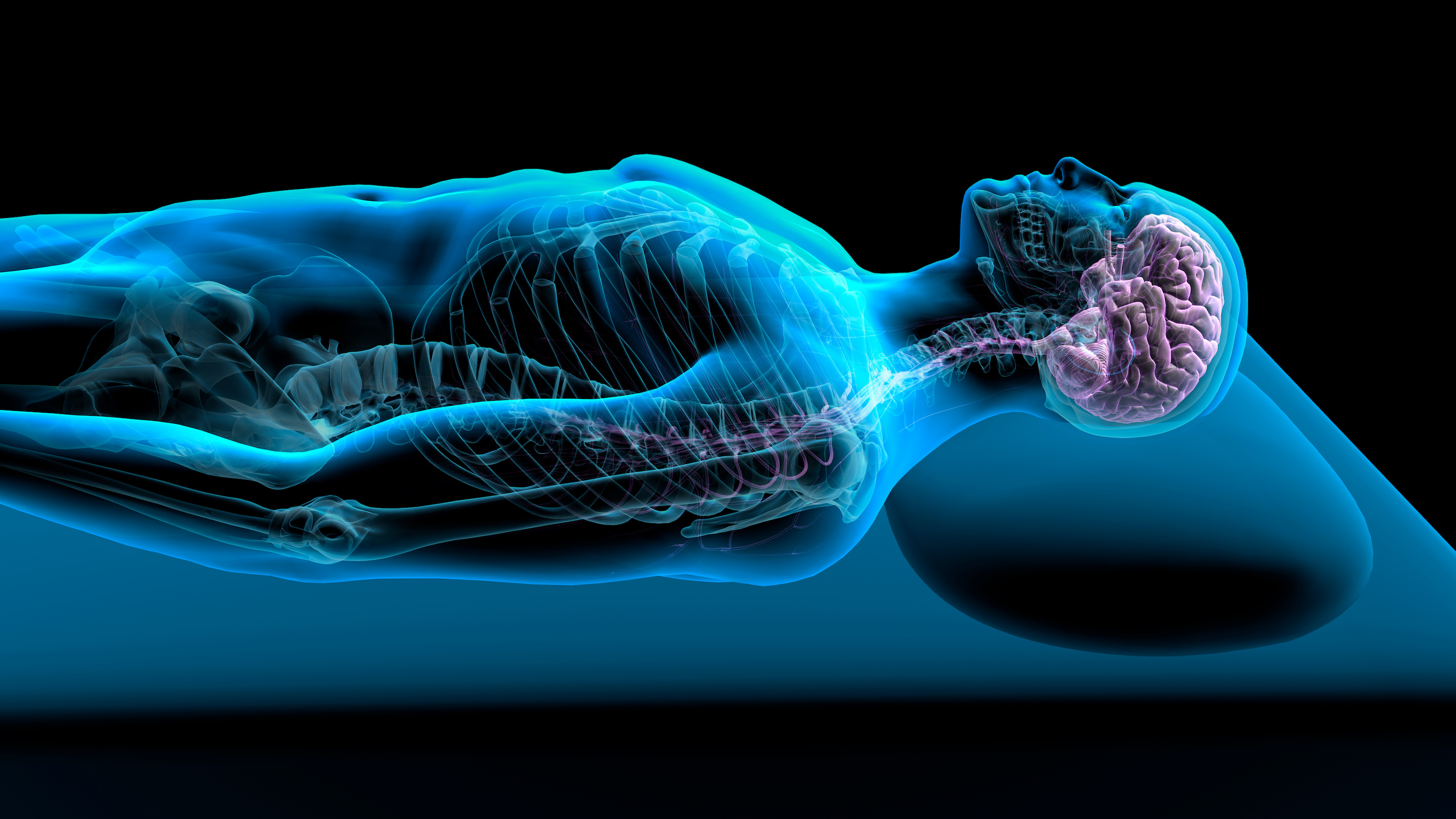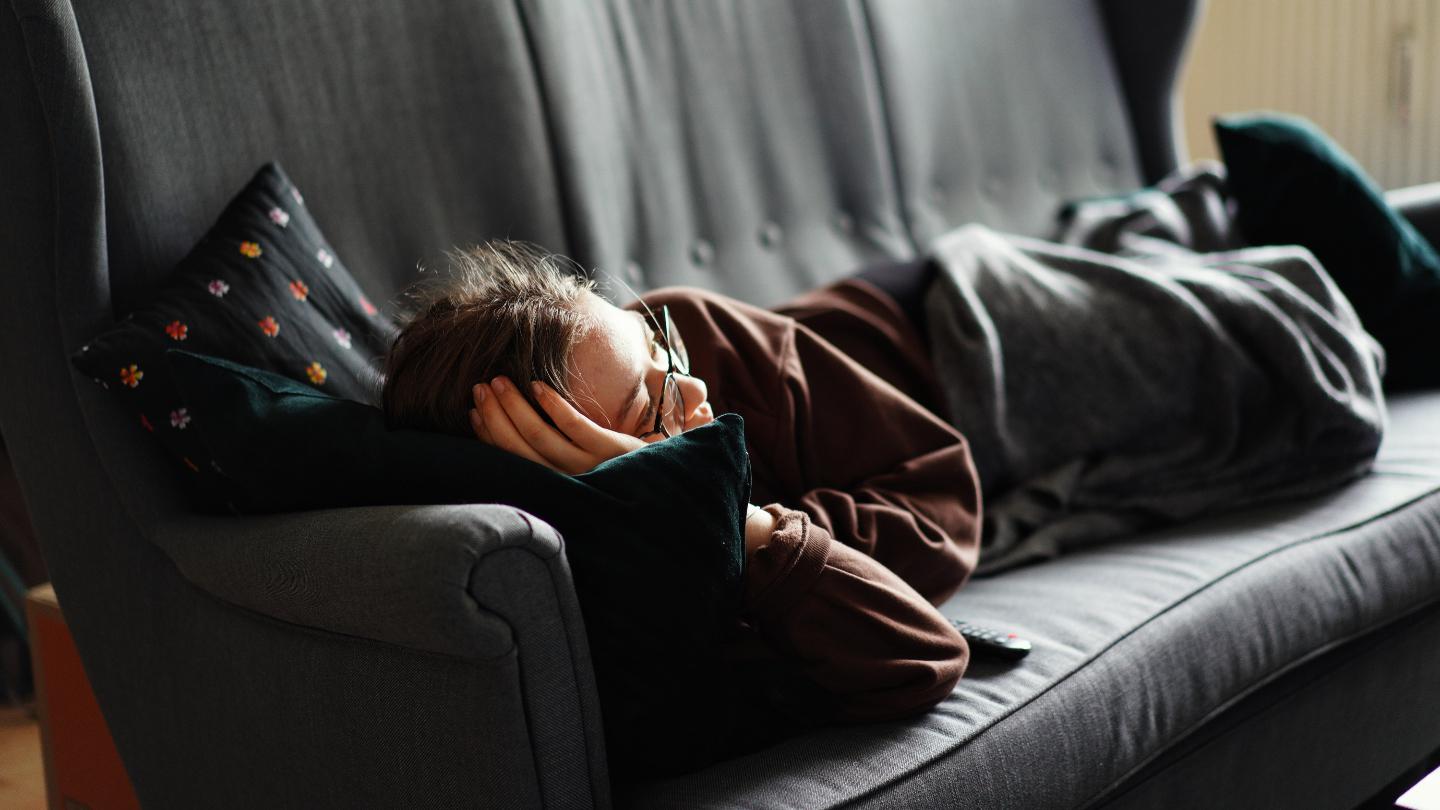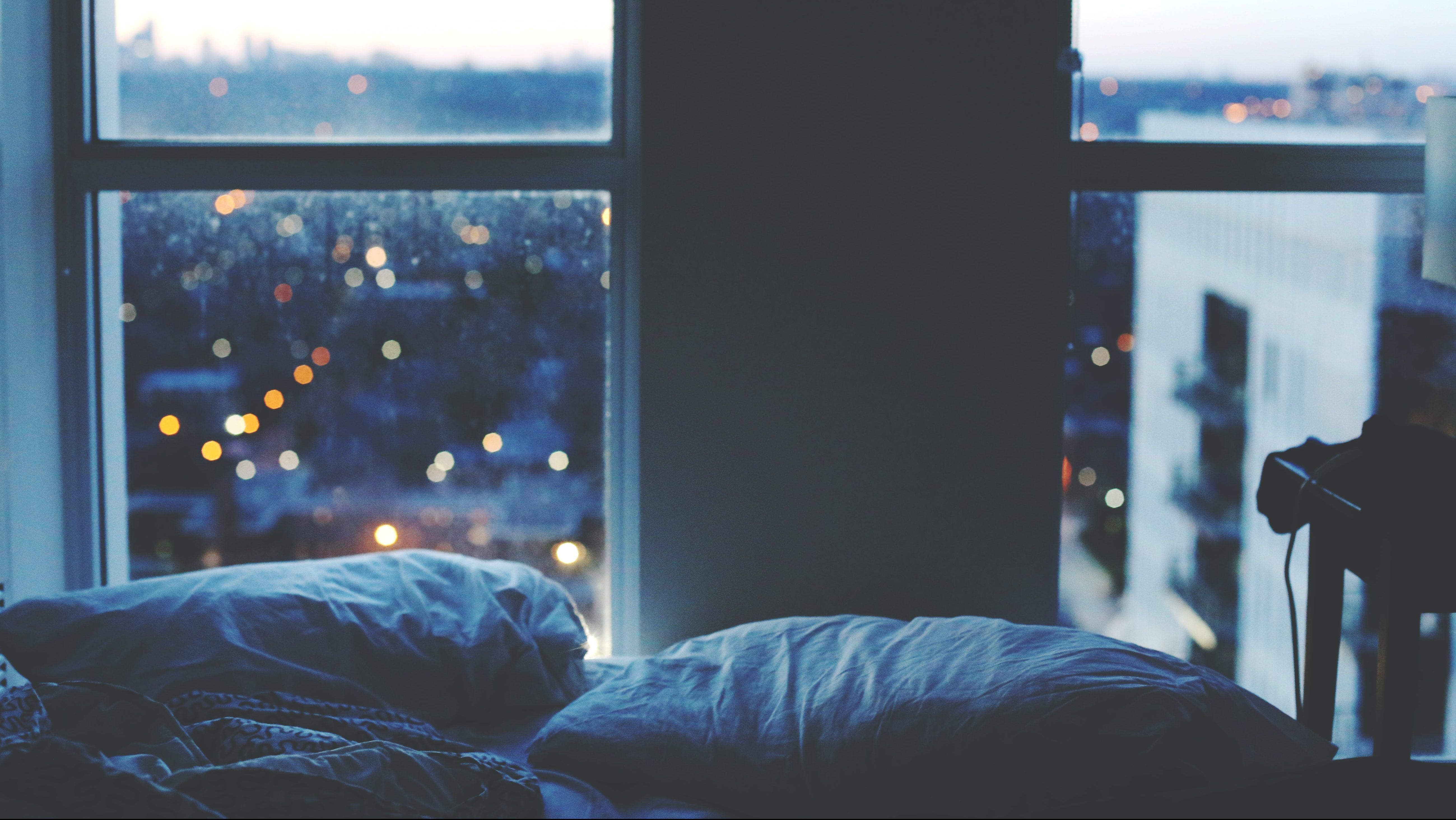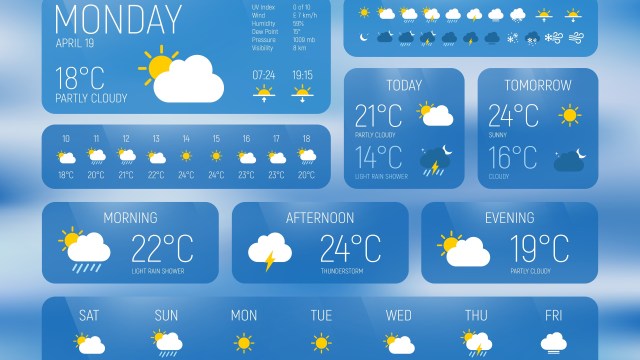Sleep duration clearly divides adult lifespan into 3 phases

- Young adults, the middle-aged, and older adults can be clearly delineated based on sleep duration.
- Among older adults, seven hours of sleep is linked to optimal spatial navigation abilities, with less than seven hours and more than seven hours both associated with poorer outcomes.
- There is also an association between sleep duration and geographic latitude, with those farther from the equator sleeping longer.
A massive new study shows that adult lifespan can be divided into three distinct phases based on sleep duration. The research, published in the journal Nature Communications, also shows a relationship between sleep duration and cognitive performance in later life, and reveals regional differences in the time spent sleeping.
Antoine Coutrot of the University of Lyon and his colleagues analyzed data from more than 730,000 participants across 63 countries that was collected from the Sea Hero Quest project, which uses a cellular phone app to assess spatial navigation abilities.
Sleep cycle
Overall, their analyses showed that sleep duration decreases sharply in early adulthood, decreases more slowly in middle age, and then increases again in later life. The data also show that people sleep about 7 hours on average, and that women tend to sleep longer than men, but only by 7.5 minutes.
Children and adolescents sleep far more than adults. A sharp decrease in sleep occurs in early adulthood (19-33 years of age), from about 7.4 hours for women and 7.3 hours for men at 19 years of age, to 7 hours and 6.8 hours, respectively, by age 35. During mid-adulthood (34-53 years of age), the amount of time spent sleeping continues to decrease slowly, and then levels out at an average of 6.9 hours for women and 6.8 hours for men at age 50.
The sleep trend reverses in late adulthood (from 54 years of age onward). Sleep duration increases until about 70 years of age, where it reaches about 7 hours, the same amount as at 30 years of age for men and 25 years for women.
In this later stage of life, the amount of time spent sleeping is associated with cognitive function, as measured by spatial navigation abilities, but this relationship is defined by a U-shaped curve. That is, older people who sleep for 7 hours per night perform best, while those who sleep for just 5 hours performed significantly worse, and those who sleep for 10 hours performed worse still.
Sleep geography
Looking at regional differences in sleep patterns, the researchers found that reported sleep duration was clustered geographically, with people from Eastern Europe sleeping the most, and people from East Asia the least. This pattern is related to latitude, with people sleeping more the further they are from the equator.
This is the largest single study of sleep duration so far. Although based on self-reports of the amount of time spent sleeping, which may not always be entirely accurate, it reveals sleep patterns that are consistent globally, and confirms the importance of sleep for mental function.
The method of data collection is also notable, as it is the largest citizen science project to date. Researchers have been using Sea Hero Quest to gather data from 4.3 million people worldwide since launching the game in 2016, and these enormous data sets have already yielded numerous studies about spatial navigation, Alzheimer’s disease, and more.





